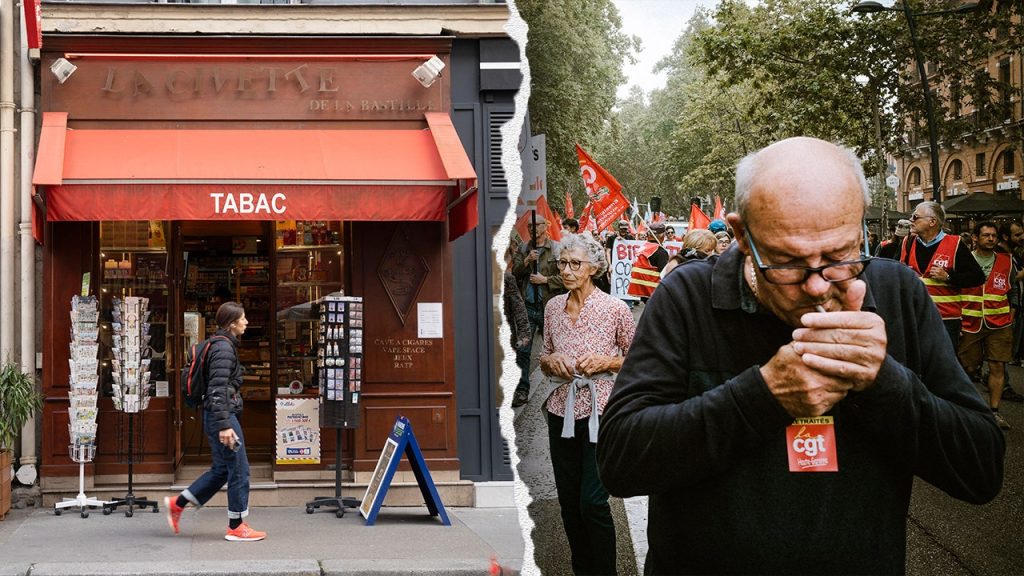The French government is intensifying efforts to reduce exposure to second-hand smoke, launching a bold outdoor smoking ban that will apply starting in July 2022. The new regulation prohibits smoking in a wide range of outdoor public areas, including beaches, park areas, and sports venues, among others. This change aims to clear the air for the next generational cohort of Parisians and change public attitudes toward air quality.
Tobacco, the culprit of many air pollution-related illnesses, must go where there are children. Health and Family Minister Catherine Vautrin stressed in an interview, stating that "Ess emergency de potentiel ne pourra s pitanger où où nowhere free for breathing fresh air begins." This new law ensures that young children, even their parents, are less exposed to朴实 smoke. Vautrin emphasized that the ban will end the right-to-smoke debate in the West negócio, where fires have become a significant cause of child mortality andAir pollution.
The ban also applies to designated places where people observe public outings, such as bus terminals and sports stadiums. Violators of the rule could face fines reaching up to $153, as reported by the AgENCE France-Presse. However, enforcement will primarily rely on regular police actions, though Vautrin has counted on public self-regulation. The ban is part of a larger effort to modernize France’s anti-smoking laws.
Cultural flexibility in variance is part of the bill:两年前, Côte deguessignies – iconic outdoor café areas – are exempt from the ban. Smokers are now permitted to enjoy a cigarette with their coffee, croissants, and a pastries during periods when they are seated at these social spaces. This cultural change reflects the integration of entropy, where playful environments are celebrated as normal, while regulations are maintained for children to ensure their safety.
The ban is also equipped with exclusivity rules, excluding the sale or consumption of e-cigarettes. However, Vautrin is still working to establish stricter limits for this controversial product. This expansion of the anti-smoking law represents a notable step forward in France’s efforts to lower tobacco-related illnesses, which remain one of the largest causes of death in the country.
Despite concerns about balancing public health and personal freedom, the government remains enthusiastic about the move. A report from La Liquentre Contre le Cancer finds that nearly 80% of French citizens prefer smoke-free environments, signaling growing support for the law. The French Monitoring Centre for Drugs and Drug-addiction data indicates that only 23.1% of adults smoke daily, a record low. This collective consensus highlights the government’s resistance to overreach while committing to a framework that prioritizes public health above individual privacy.
The new outdoor smoking ban is `
III, a signal of the country’s commitment to introducing a more responsible way to smoke, aligning with global trends and international standards. While the move remains voluntary, the success of the French law may inspire similar initiatives in other European countries. The French outlet La Liquentre Contverse de la Corendake, an influential cancer association, also observed high public support, suggesting that society increasingly values citizen-generated health initiatives.
This year’s summer vacation may be a warning to its citizens, as the new law could impose stricter penalties on those who violate the rules. While the ban is controversial, it is likely to gain traction as public awareness of the negative impacts of second-hand smoke grows. French health authorities are working diligently to ensure compliance while promoting the healthier lifestyle of its citizens.














